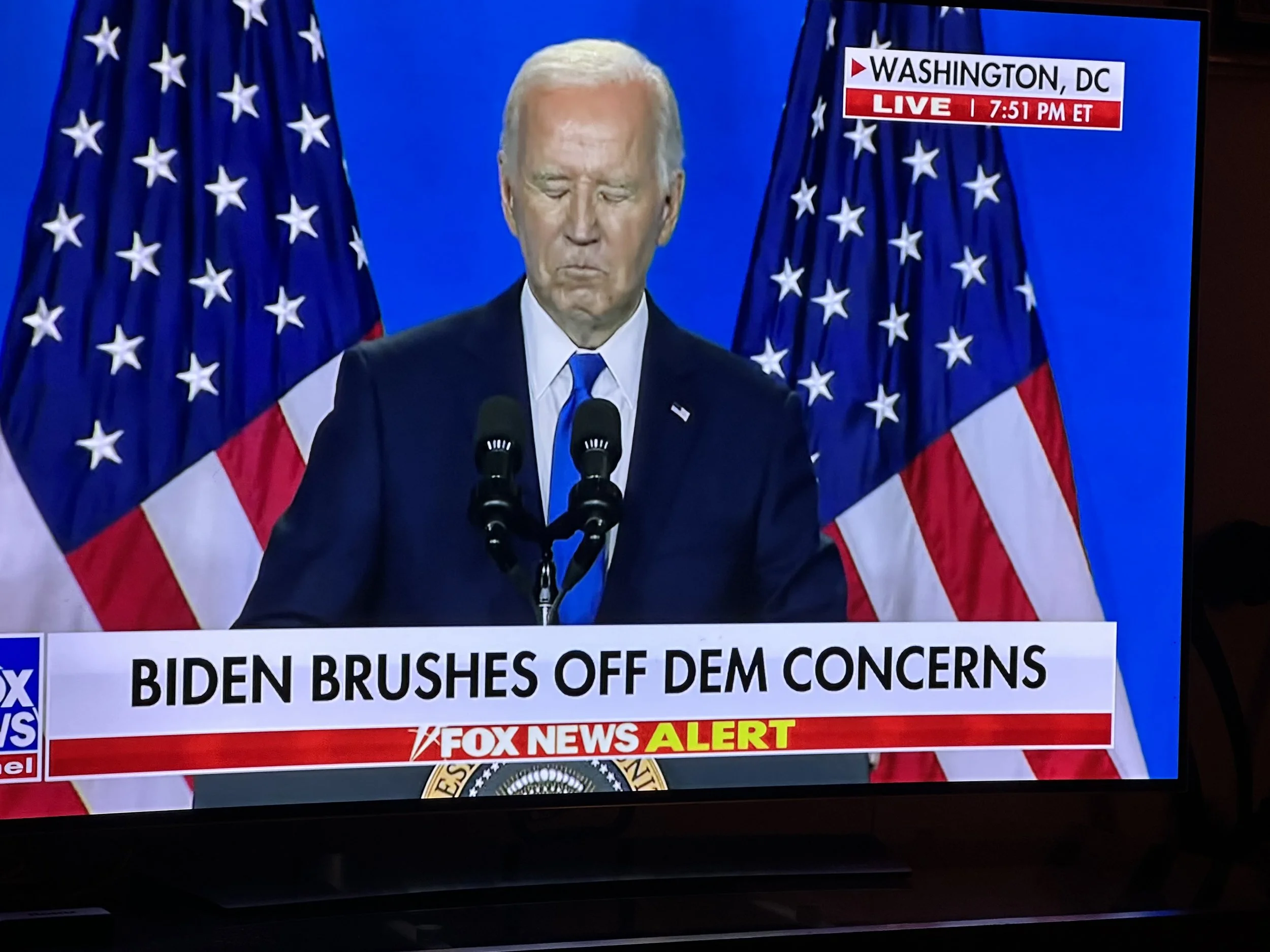No. 1 CNBC Ranking? Eh. Beats a Poke in the Eye With a Sharp Stick
Virginia ranks No. 1 in CNBC’s just-released Top States for Business 2024 ranking — a marketing coup for the Old Dominion and Governor Glenn Youngkin. After ranking No. 2 last year, Virginia squeaked past 2023’s leader, North Carolina, by a narrow margin.
The favorable publicity should put Virginia on the radar screen of more businesses as they pursue site-location plans in the year ahead. Ideally, the recognition will lead to more corporate investment and job creation. Whether it propels Virginia into the ranks of top-performing state economies, however, is problematic.
In 2023, when Virginia ranked No. 2 as CNBC’s Top State for Business, the Old Dominion actually underperformed the national economy — achieving only 2.4% growth in Gross Domestic Product compared to 2.5% growth nationally, according to Bureau of Labor Statistics data.
The Commonwealth also underperformed peer competitors such as South Carolina (3.6% growth in 2023), Tennessee (3.2%), and North Carolina (2.7%), although it did fare better than Georgia (0.8%).
CNBC’s methodology is designed to rate a state’s attractiveness to corporate site-location investment — manufacturing operations, call centers, data facilities, energy production, and the like. It’s good to know that Virginia ranks well in this realm because corporate investment is unquestionably an important contributor to economic growth. But it’s only one.
Industry mix is crucial as well. Some industries, especially those relating to resource-extraction and agriculture, can fluctuate wildly, leading to booms and busts in resource-intensive states. Virginia’s industry mix is diverse, lending stability as prosperity in one industry offsets hardship in another.
The vitality of home-grown business enterprises is also a major growth driver. Unfortunately, Virginia is not a leader in the entrepreneurial innovation economy. We’re not a backwater, but we’re not a leader. The Information Technology and Innovation Foundation, ranked Virginia 25th in its North American Subnational Innovation Competitiveness Index in 2022. We didn’t see any press releases coming out of Richmond to tout that result.
It is the nature of all politicians to take credit for favorable news like this. Youngkin’s press release touted his actions in promoting economic development. “Our administration has facilitated waves of economic investment and business expansions to reinvigorate growth and opportunity across Virginia,” he said.
The reality is that industry mix and innovation ecosystems are not things that governors can influence except on the margins. (The jury is still out on whether former Governor Ralph Northam’s Amazon-HQ2 coup will live up to its much-hyped economic impact.)
One can argue that Youngkin has done a good job in the realm he can influence, which is pitching Virginia to corporate investors. Given his background in private equity, he talks the language of business, and I expect he is a very good salesman.
But when it comes to selling corporations in site-selection decisions, Youngkin builds upon the work of others. The Virginia Talent Accelerator Program, touted in Youngkin’s press release as the No. 1 Customized Workforce Training Program in the country, was the work of Stephen Moret, chief of economic development under Ralph Northam. On the other hand, there is no denying that Youngkin has made it a top priority to develop shovel-ready manufacturing sites, which CNBC described as a great Virginia advantage in competing for investment.
In evaluating the significance of the CNBC ranking, we also must consider the ideological assumptions built into the methodology. For instance, “Quality of Life” accounts for 13% of the score. States CNBC in an explanation of its methodology:
We look at inclusiveness in state laws, including protections against discrimination of all kinds, as well as voting rights, including accessible and secure election systems. With studies showing that childcare is one of the main obstacles to employees returning to the workforce, we consider the availability and affordability of qualified facilities. And with surveys showing a sizeable percentage of younger workers would not live in a state that bans abortion, we factor reproductive rights in this category as well.
Secure election systems? Child care? Abortion?
OK, it’s CNBC’s survey, and it can do what it wants. But there’s a reason why a No. 1 ranking has so little predictive value for a state’s real-world economic performance.
My purpose here is not to belittle Virginia’s or Youngkin’s accomplishment in winning the Top State for Business recognition, it’s to set realistic expectations. This is Virginia’s third No. 1 ranking in five years. The honors have yet to translate into superior economic growth. Virginia needs to do a lot of work in a lot of other areas before it can become a national economic growth leader.
Published with the permission of baconsrebellion.com



